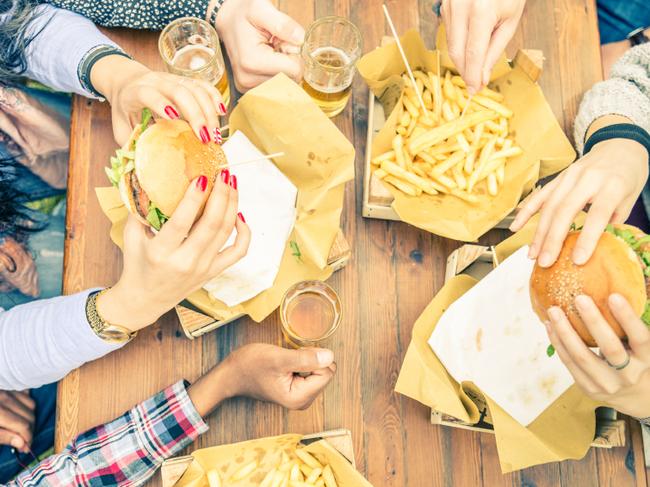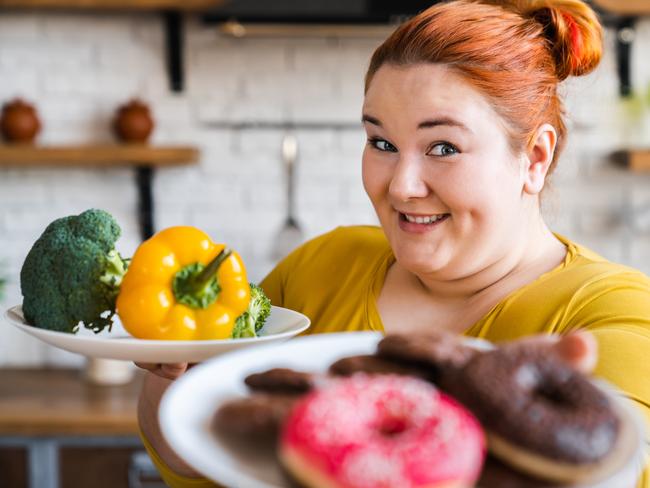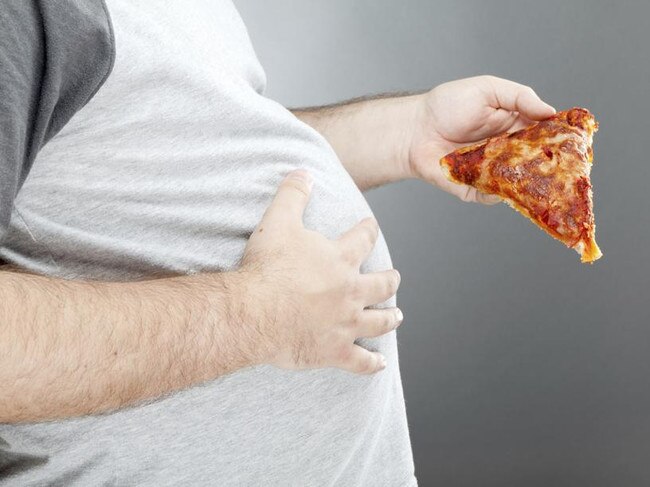Deakin University team first in Australia to link junk food and depression
A first-of-its-kind Australian study has found people who eat certain foods that may be considered “neutral” or even “healthy” are at a higher risk of depression.
Victoria
Don't miss out on the headlines from Victoria. Followed categories will be added to My News.
People with diets high in ultra-processed food are at much greater risk of depression.
For the first time in Australia, research has linked the two, confirming that eating ultra-processed food is associated with depression even taking into account other key factors such as income.
Published in the Journal of Affective Disorders, research led by Deakin University’s Melissa Lane highlights that the risk of depression is higher in people with diets of more than 30 per cent ultra-processed food.
“Australians who ate the most ultra-processed food had about a 23 per cent higher risk of depression compared to those who ate the lowest amount,” Dr Lane said.
These are foods that usually have long lists of ingredients (five or more) not found in kitchens, such as emulsifiers and non-caloric sweeteners.

Dr Lane said they were not limited to typical junk and fast foods.
They can include mass-produced and highly refined products that consumers might consider neutral or even healthy, such as diet soft drinks, some fruit juices and flavoured yoghurts, margarine, packet preparations of foods such as scrambled egg and mashed potato, and ready-to-heat-and-eat pasta dishes.
Dr Lane, who completed the research as part of her PhD studies at Deakin University’s Food and Mood Centre, said the results supported an increasing body of evidence pointing to the harmful effects of diets loaded with cheap, well-marketed but often nutrient-poor convenience foods.

Working with Dr Priscila Machado from Deakin’s Institute for Physical Activity and Nutrition and Associate Professor Allison Hodge from Cancer Council Victoria, Dr Lane looked at associations between ultra-processed food consumption and depression in more than 23,000 people from the Melbourne Collaborative Cohort Study.
This important longitudinal study was established in the 1990s by Cancer Council Victoria to investigate the role of diet and other lifestyle factors in cancer.
“The association between ultra-processed food and physical outcomes has been looked at before,” Dr Lane said.
“But this link of ultra-processed diets with mental health is new.
“Our results are consistent with the findings in other countries, including the UK, France and Spain.”

While her study did not identify what it was in ultra-processed food that could explain the link with depression, she said the team hypothesised it could be the influence these foods have on the gut microbiome and inflammation.
“We know inflammation is a big driver in depression and also that greater ultra-processed food intakes have been associated with higher inflammation in the circulatory system,” Dr Lane said.
“The specific mechanisms involved is where future research will head.”
Dr Lane said the study involved adults initially taking no medication for depression or anxiety who were followed for 15 years.
She said she would like to see more studies that included children and adolescents.





